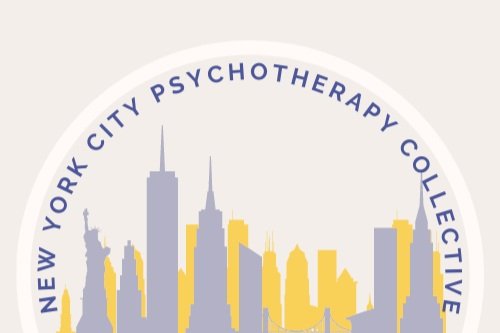Beginning or returning to therapy can be a nerve-wracking experience. Taking this step is something to be proud of. You are engaging in conscious and intentional work to ask for help and to begin to build a stronger support system and understanding of yourself. While therapeutic experiences differ across practices and providers, we can provide you a glimpse into what you can expect when you begin online therapy here at the New York City Psychotherapy Collective.



